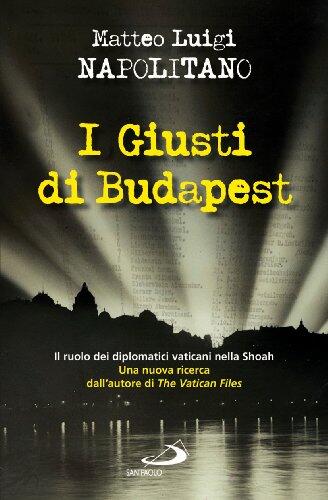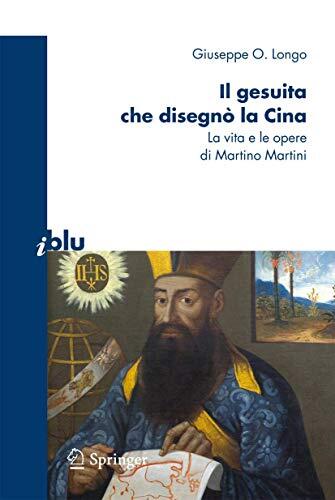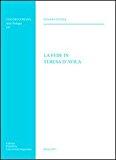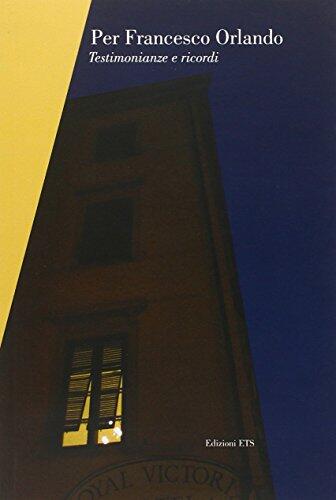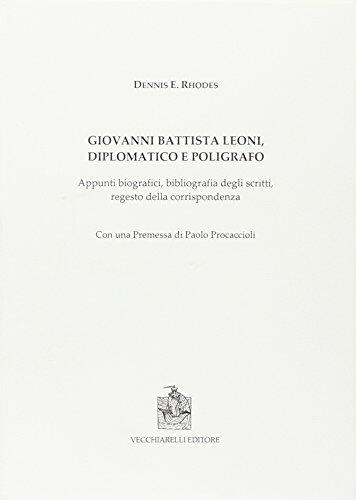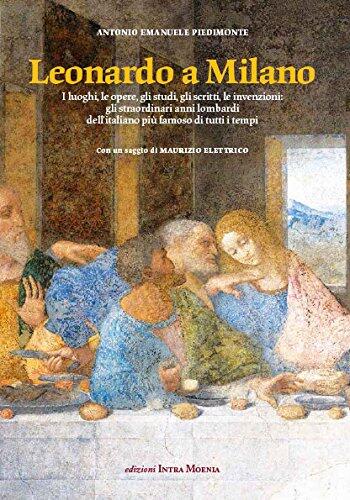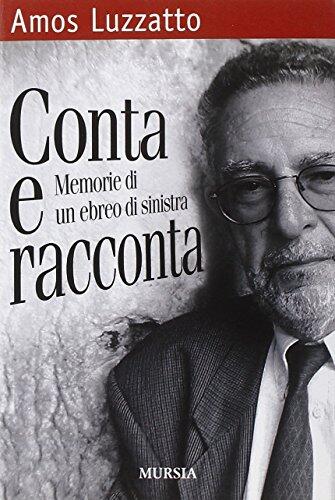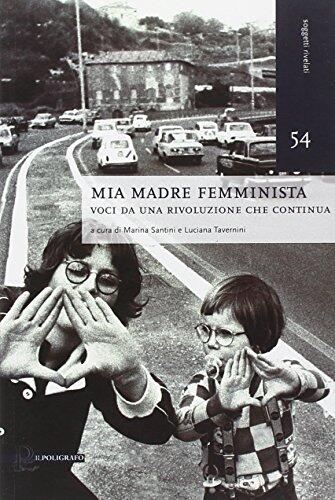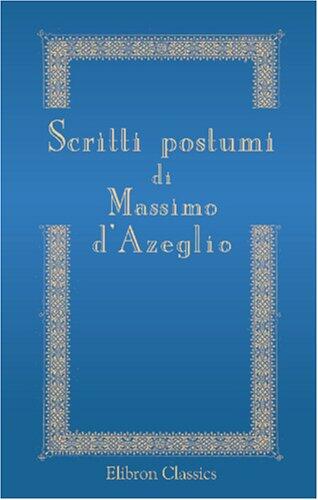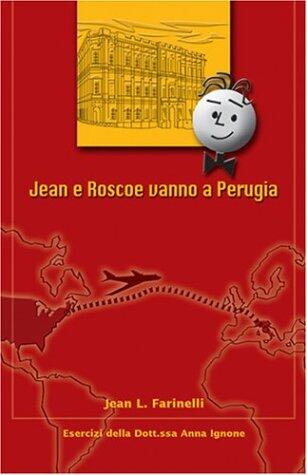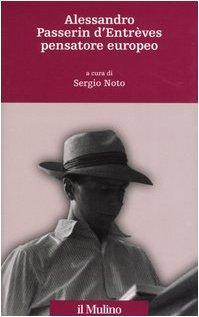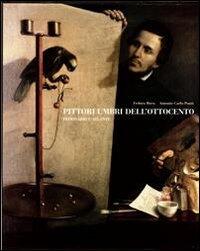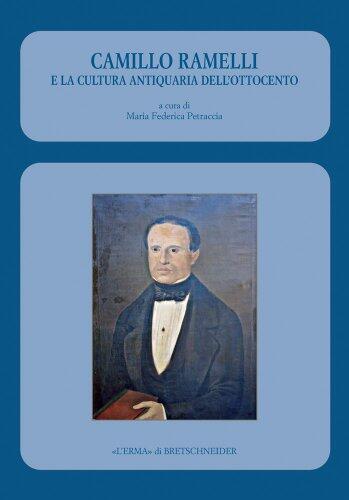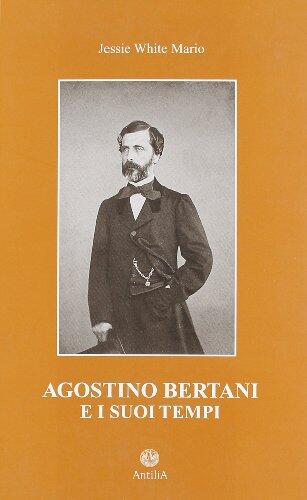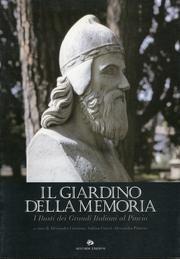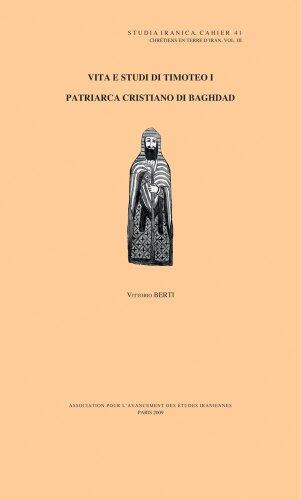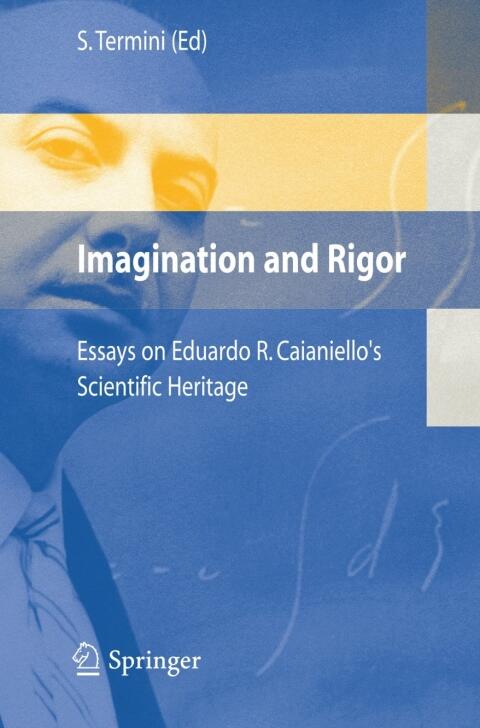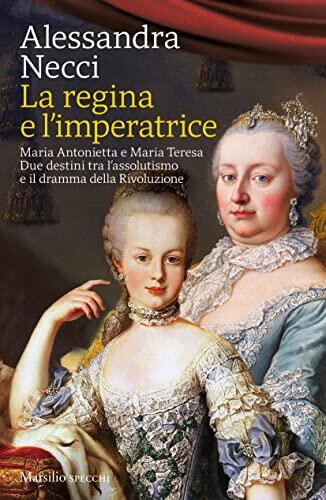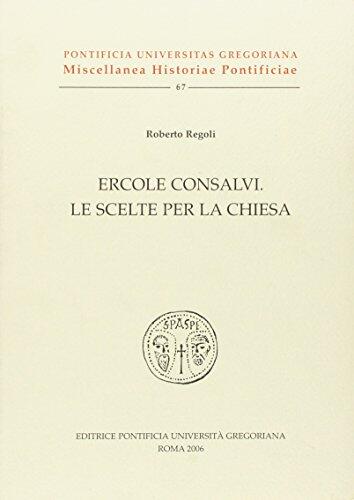
Ercole Consalvi Le Scelte Per La Chiesa
작성자
R Regoli
아직 평점이 없습니다
Biography
Religion & Spirituality
History
형식
페이퍼백
페이지
516
언어
이탈리아어
출판됨
May 29, 2006
출판사
Gregorian & Biblical Press
ISBN-10
8878390682
ISBN-13
9788878390683
설명
Roberto Regoli delves into the intricate life and influential contributions of Ercole Consalvi, showcasing how his decisions shaped the Roman Catholic Church's trajectory during a tumultuous period in history. Through meticulous research and analysis, Regoli examines Consalvi's pivotal role as a diplomat and a statesman, revealing the intersections between faith and politics in 19th-century Europe.
The narrative unfolds against a backdrop of shifting cultural and political landscapes, highlighting Consalvi's efforts to navigate these challenges while advocating for the Church's interests. Regoli’s scholarly approach offers a comprehensive exploration of various significant moments that defined Consalvi's legacy, grounded in historical accuracy and detailed bibliographical references that enhance the reader’s understanding.
Furthermore, the work is enriched with an index, facilitating easy navigation through the wealth of information presented. Readers will find themselves immersed in the complexities of ecclesiastical decisions that resonate even in contemporary discussions on faith and governance. This exploration provides a fascinating lens into a man whose choices continue to influence the Church’s identity and mission.
The narrative unfolds against a backdrop of shifting cultural and political landscapes, highlighting Consalvi's efforts to navigate these challenges while advocating for the Church's interests. Regoli’s scholarly approach offers a comprehensive exploration of various significant moments that defined Consalvi's legacy, grounded in historical accuracy and detailed bibliographical references that enhance the reader’s understanding.
Furthermore, the work is enriched with an index, facilitating easy navigation through the wealth of information presented. Readers will find themselves immersed in the complexities of ecclesiastical decisions that resonate even in contemporary discussions on faith and governance. This exploration provides a fascinating lens into a man whose choices continue to influence the Church’s identity and mission.
